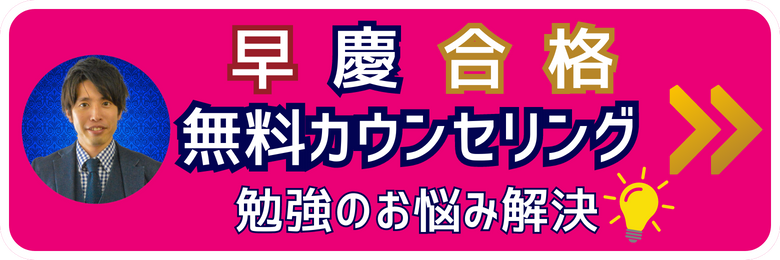1. (A) 賛成: Support Dam Building
I believe the Japanese government should support dam building. Dams help ensure stable water access, protect against floods, and generate renewable hydropower. As Beever (2020) suggests, dams have historically been essential for both irrigation and flood control, allowing civilizations to thrive even in challenging environments. Critics claim large dams displace communities and harm ecosystems (Walls 2023). Indeed, if poorly managed, dam construction can lead to habitat destruction and social dislocation. However, the government can mitigate these issues by conducting thorough environmental impact assessments and relocating residents with fair compensation and support. Such measures would address the opposition’s concern while retaining the long-term benefits of hydroelectric energy, flood defense, and stable water supply. Ultimately, carefully planned dams can be a key component in meeting Japan’s increasing energy and water needs while protecting people from natural disasters.
2. (A) 反対: Oppose Dam Building
I believe the Japanese government should not focus on building dams. Walls (2023) indicates that mega dams can displace massive numbers of people, destroy habitats, and trigger conflict over scarce resources. While proponents, such as Beever (2020), highlight dams’ ability to store water and generate clean energy, there are more sustainable ways to achieve energy security without causing large-scale ecological damage. Opponents of my view argue that dams are among the most reliable forms of renewable energy. Yet wind, solar, and geothermal technologies, if integrated smartly, can provide cleaner electricity without irreversibly altering rivers and displacing communities. The cost of maintaining and repairing aging dams also escalates over time, which becomes an economic burden. In sum, Japan should turn away from large-scale dam projects and instead invest in less destructive energy solutions to preserve its environment and protect local communities.




















Published by